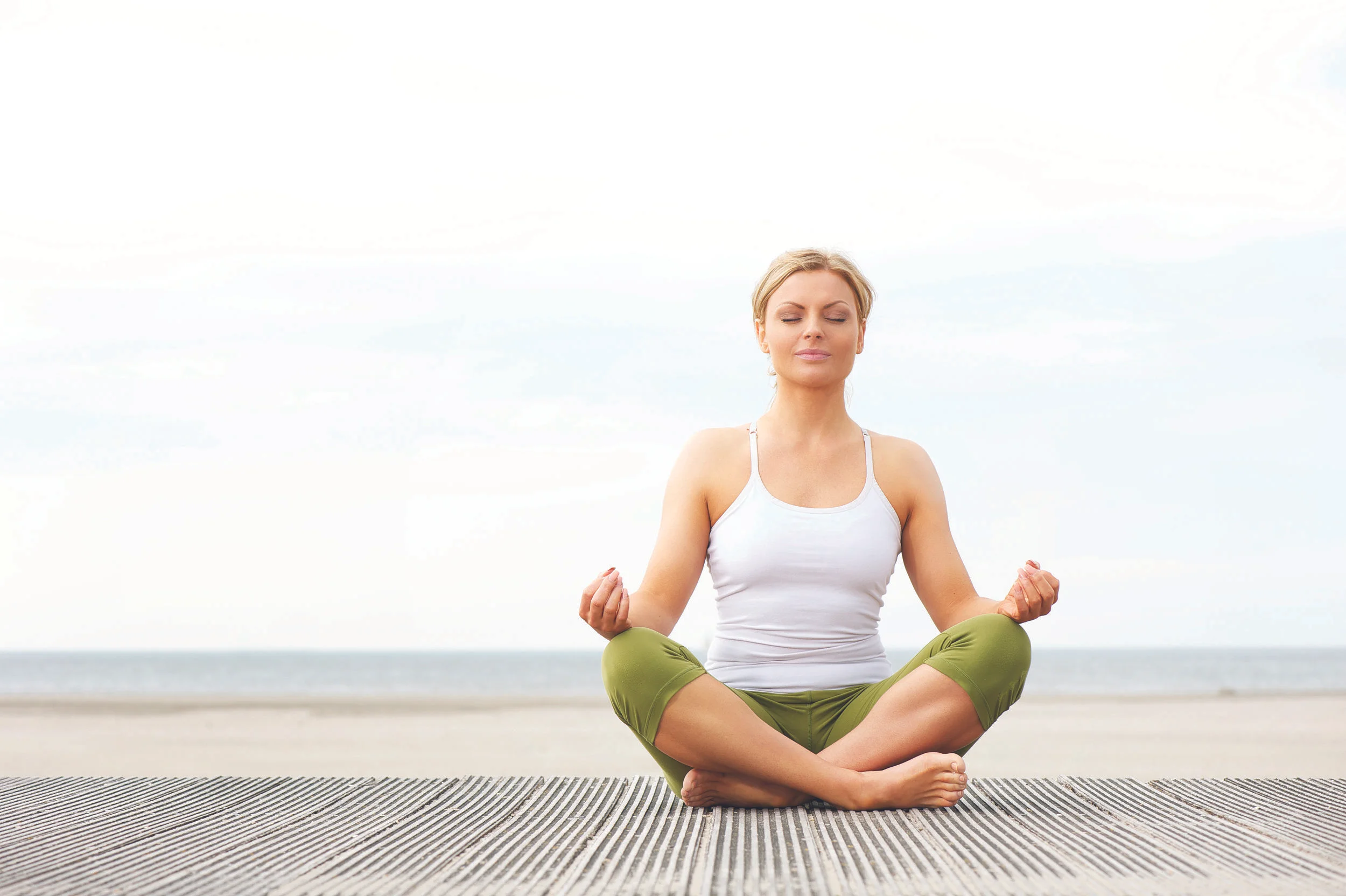How To Optimize Your Yoga Practice With Nutrition
Eating a healthy diet, getting plenty of fresh air and sunshine, and practicing yoga regularly are all great ways to improve your overall health. However, our modern lifestyle exposes us to excessive stress, food that lacks key nutrients, and environmental pollution. All of these things make it difficult to achieve optimum nutrition through diet alone.
Regular yoga practice is incredibly good for your mental and physical health! It’s a wonderful tool for relieving stress and anxiety, as well as strengthening the mind-body connection. However, it is also a great workout, no matter what level you are practicing at. While your endurance, flexibility, and core strength will improve over time, yoga will always be physically demanding.
Here are seven important nutrients that can optimize your yoga practice and improve your general health at the same time!
7 Important Nutrients to Optimize Your Yoga Practice
Magnesium
Every single cell in the human body contains magnesium. It is crucial for a healthy brain and regulating the nervous system. The body also uses magnesium to convert food into energy and to combat depression and stress. Magnesium is important for yoga practitioners because it reduces inflammation and assists with proper muscle release and contraction. You can take magnesium as a supplement, or boost your levels by eating more leafy greens, fatty fish, and dark chocolate.
Vitamin E
Yoga practitioners will appreciate vitamin E for its ability to prevent inflammation and improve flexibility in the joints. In general, vitamin E may also prevent heart disease, reduce the risk of certain cancers, and strengthen the immune system. It can also be applied topically for relieving certain skin conditions, such as psoriasis and eczema. You can increase your intake of vitamin E by eating more nuts, seeds, leafy greens, and avocados, or by taking a supplement.
CoQ10
Our bodies can produce CoQ10, but production declines as you get older. This crucial antioxidant is essential for regenerating and protecting our cells. Many chronic health conditions have been linked to CoQ10 deficiency, including diabetes, heart disease, and cognitive disorders. Increasing your intake of this important nutrient can keep your skin looking younger, increase fertility, prevent heart failure, relieve the symptoms of diabetes, and possibly even prevent cancer.
As a yoga practitioner, CoQ10 can improve your yoga practice by reducing muscle fatigue and protecting the body’s cells from oxidative stress. It’s found in organ meats, fatty fish, and cruciferous vegetables like broccoli and kale.
Omega-3 Fatty Acids
If you don’t eat salmon, mackerel, tuna, or other types of fatty fish at least a couple of times a week, you may benefit by taking flaxseed oil or fish oil supplements. Omega-3 fatty acids are crucial for your health, especially the brain, heart, eyes, and bones. For yoga practitioners, omega-3s are fantastic for reducing joint pain and stiffness thanks to their anti-inflammatory benefits.
Glucosamine
Yogis will appreciate glucosamine for its ability to rebuild cartilage, which is essential for improving flexibility and preventing joint damage. The body produces its own glucosamine, but production slows down as you age, so increased intake is crucial for those over 50. It can also reduce joint pain inflammation, including arthritis. To boost your flexibility and optimize your yoga practice, take glucosamine as a supplement or drink bone broth a few times a week.
Turmeric
Curcumin, which a compound found in turmeric, is amazing for reducing pain and inflammation throughout the body. In Traditional Chinese Medicine, turmeric is an ancient medicine used for liver conditions, digestive problems, and skin infections, as well as boosting the immune system. It’s a wonderful complement to regular yoga practice because it relieves pain naturally, without the need for medications. Turmeric can be added to your cooking by including it in marinades, curries, sauces, rubs, and homemade salad dressings. It can also be purchased in concentrated form as a supplement.
Vitamin B12
Vitamin B12 deficiency is a common issue for those on a vegan diet because it is only found in animal protein. This essential nutrient is necessary for many body functions, including energy production, neurological function, and nerve cell function. Fatigue, depression, headaches, and heart palpations are all common symptoms of deficiency. Yoga practitioners will want to maintain optimum levels of this important vitamin because deficiencies can also lead to problems with balance.
How to Improve Your Absorption of These Important Nutrients
We all know that eating a variety of whole foods every day is important for our health. But even though you try your best, there will always be those days where you don’t eat enough nutrient-dense foods.
Also, your nutritional needs change as you age, and also day to day according to your stress levels, digestive health, how strenuously you work out, if you’re sick or recovering from illness, and a host of other factors.
Taking a daily multivitamin and mineral supplement can help fill in any nutritional gaps in your diet. However, you should also take steps to ensure that you’re absorbing those nutrients to get the most benefit.
Over time, waste can build up in your digestive system and prevent you from absorbing nutrients properly, so looking after your gut health is crucial. Colonic hydrotherapy is a fantastic tool for detoxifying, restoring, and renewing your gut health.
Colonics is also wonderful for relieving joint pain and inflammation, boosting your energy and mood, relieving headaches, and much more. It’s a wonderful complement to your yoga practice!
Conclusion
Optimizing your yoga practice by increasing your intake of certain key nutrients is a great way to support your overall health. Yoga, nutrition, and colonics can work hand-in-hand to improve your mental and physical wellbeing without the need for harmful medications, and that’s something we can all appreciate!









